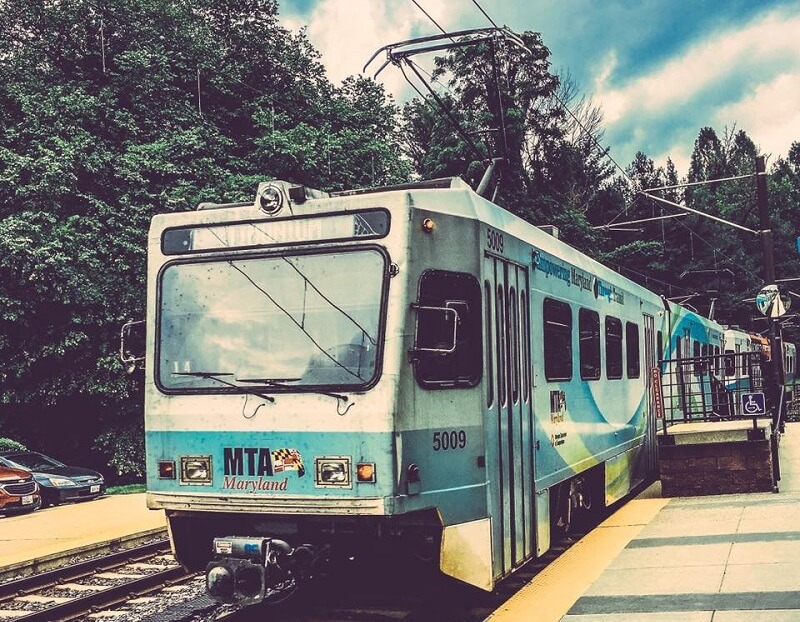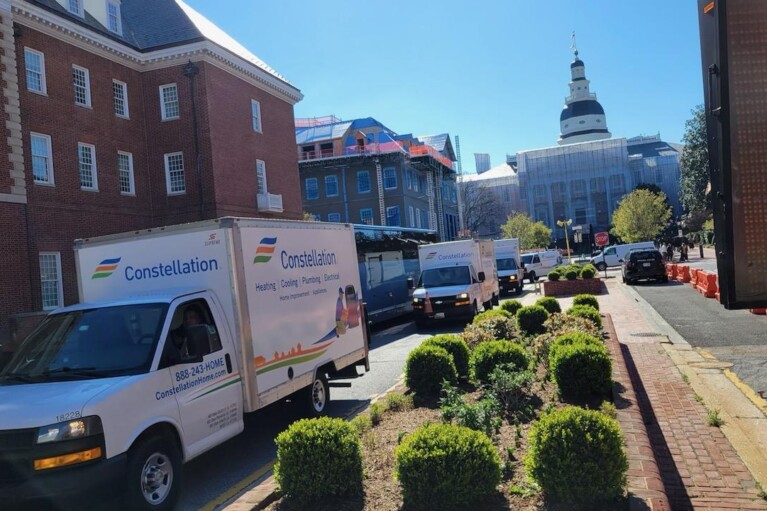
Do good. Seek justice. Right wrongs.
This isn’t a clever tagline, it’s a scriptural mandate from Isaiah in the Old Testament (Isaiah 1:17). It reminds us we should not sit idly by and remain voiceless when we know something is unfair, when people are being oppressed, or when we have an opportunity to do the right thing. We are not powerless.
We are Presbyterian pastors in Baltimore City and Baltimore County. We work each day to empower and inspire people to move our world closer to be more loving and just. That means we have to be honest with folks about injustice, but also remind them what they can do, and organize folks to realize the power they have to enact love.
We are concerned about the fate of Senate Bill 199, the Transportation Safety and Investment Act, which is designed to address a $2 billion budget shortfall for transportation. Some Maryland senators are pushing to limit funding to three out of the six years proposed, which we find incredibly disingenuous considering state legislature funded WMATA, the Washington-area Metro system, indefinitely at increased levels, compared to this six-year ask.
This is a small ask for a transit administration that serves many parts of the state, including the Baltimore region, which supplies nearly 50% of Maryland’s GDP. Senators throughout Maryland, we hope you are reading this: it is critical that this bill pass in-tact without any limitations to funding for the full six years as proposed. Do Good.
Many people, particularly Baltimoreans whom Senate President Bill Ferguson represents, rely on public transit to get to work, access health care, pick up groceries, and go to school. However, too many people sit at the bus stop waiting for a bus that is late or never arrives, and then miss school, work, or appointments.
This is a real barrier to upward mobility in society. According to data from the Federal Transit Administration, our MTA buses and trains break down more frequently than at any peer transit agency in the entire country. We are the worst — and that is not a contest we should be winning here in Baltimore. We must do better for our neighbors who rely on public transit to carry out their daily lives. Seek Justice.
Public transit can empower our neighbors, and strengthen our awareness that we live in community. It can, alternatively, remind us that those in power do not care for their neighbors. It can bind us together across socioeconomic and racial identities, or it can strengthen discrimination that goes back centuries. It’s about more than a bus, a subway, a rail car; it’s about how we care for one another.
Both of us have previously lived in regions with robust, reliable public transit. Working in Philadelphia with those experiencing poverty, and young adults, our transit rides were part pastoral care sessions, part community organizing, and part social service interventions. Now, in Baltimore, we find ourselves driving more, cut off from the community because of unreliable service. This bill would be a huge step to stabilize our transportation system, giving it a chance to serve those who rely on it, and provide an opportunity for more young professionals to commute with ease in our great city.
The MTA’s $2 billion budget shortfall needs to be bridged just to maintain essential public transit services in a state of good repair. Our failure to build out public transportation infrastructure is another example of intentional disinvestment in the communities for whom our tax dollars should be working.
We see this all the time with crumbling sewer infrastructure and woefully under-resourced schools in our poorest communities. We refuse to continue to watch this happen again and again and remain silent. Right wrongs.
We call on our senators — all senators — to advance this bill in-tact to do good, seek justice and right wrongs.
— REV. MICHELE WARD AND REV. DAVID NORSE
The writers are, respectively, pastor at Brown Memorial Park Avenue Presbyterian Church in Baltimore City, and pastor at Maryland Presbyterian Church in Towson. They are partner congregations in the Interfaith Partners for the Chesapeake.




 Creative Commons Attribution
Creative Commons Attribution